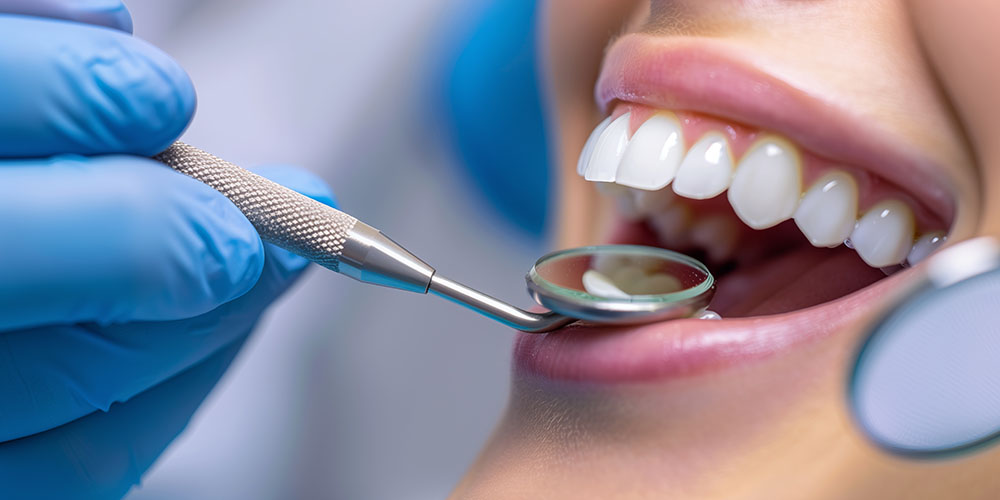Preventative dental care is an essential aspect of maintaining oral health and overall well-being. By adopting regular dental hygiene practices and making informed lifestyle choices, individuals can significantly reduce their risk of common dental issues such as cavities, gum disease, and bad breath. This proactive approach not only helps in preserving healthy teeth and gums but also contributes to long-term savings by minimizing the need for costly dental treatments. Understanding the significance of preventative care empowers individuals to take control of their dental health.
In this article, we will explore the fundamental components of preventative dental care, including daily habits, dietary considerations, and the importance of routine dental check-ups. By learning about these elements, readers can develop a comprehensive dental care plan that promotes a radiant smile and fosters confidence. Whether you’re a parent looking to instill good habits in your children or an adult seeking to enhance your own oral health routine, the information provided here will guide you on your journey towards optimal dental wellness.
Daily Habits for Optimal Dental Health
Incorporating effective daily habits into your routine is crucial for maintaining healthy teeth and gums. Brushing your teeth at least twice a day with fluoride toothpaste and flossing daily helps remove food particles and plaque that can lead to dental problems. Additionally, using mouthwash can provide extra protection against bacteria and freshen breath. It’s important to replace your toothbrush every three to four months and after recovering from an illness. To learn more about these practices, you can refer to this article on Why Preventative Dental Care is Key to Long-Term Oral Health.

The Role of Diet in Dental Wellness
Diet plays a significant role in oral health; therefore, making smarter food choices is essential. Consuming a balanced diet rich in vitamins and minerals can strengthen your teeth and gums. Foods high in calcium, such as dairy products, and those rich in vitamins C and D can help maintain gum health. Conversely, reducing sugary snacks and beverages can lower the risk of cavities and tooth decay. Staying hydrated and opting for water instead of sugary drinks can also aid in rinsing away food particles and bacteria after meals, contributing to better oral hygiene.
In conclusion, preventative dental care is a cornerstone of maintaining a healthy mouth and preserving the overall health of individuals at any age. By consistently integrating daily dental hygiene practices, making educated dietary choices, and scheduling regular visits to the dentist, individuals can effectively safeguard their smiles against a range of common dental issues. Emphasizing preventative care not only fosters a robust oral health foundation but also enhances one’s confidence and quality of life. Ultimately, investing time and effort into these practices today can yield lasting benefits, inspiring a lifetime of healthy habits and radiant smiles.




